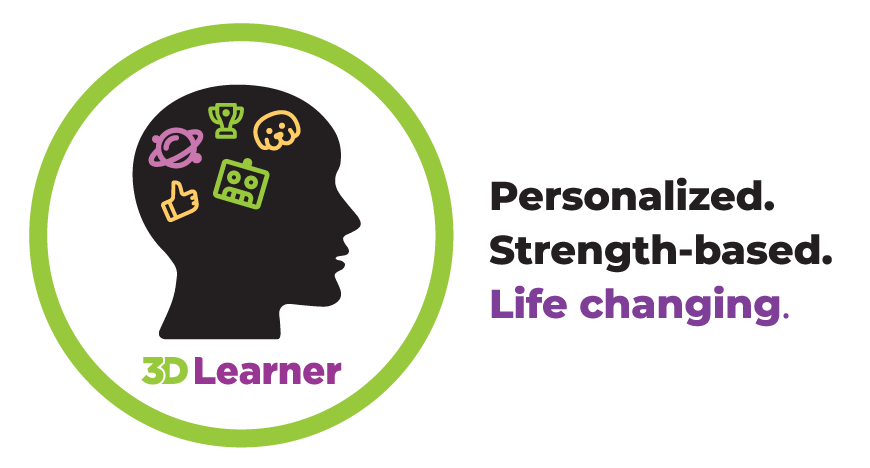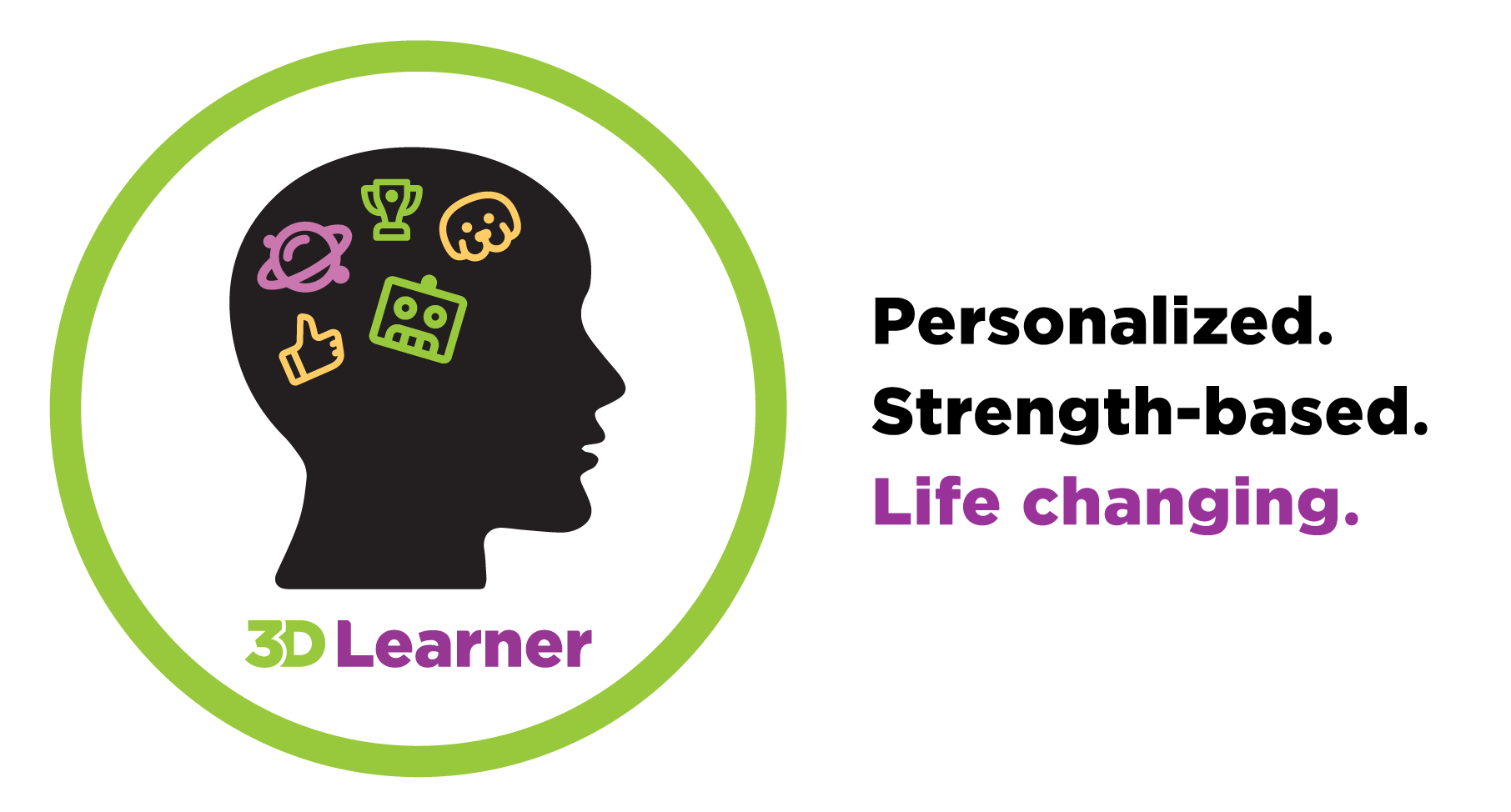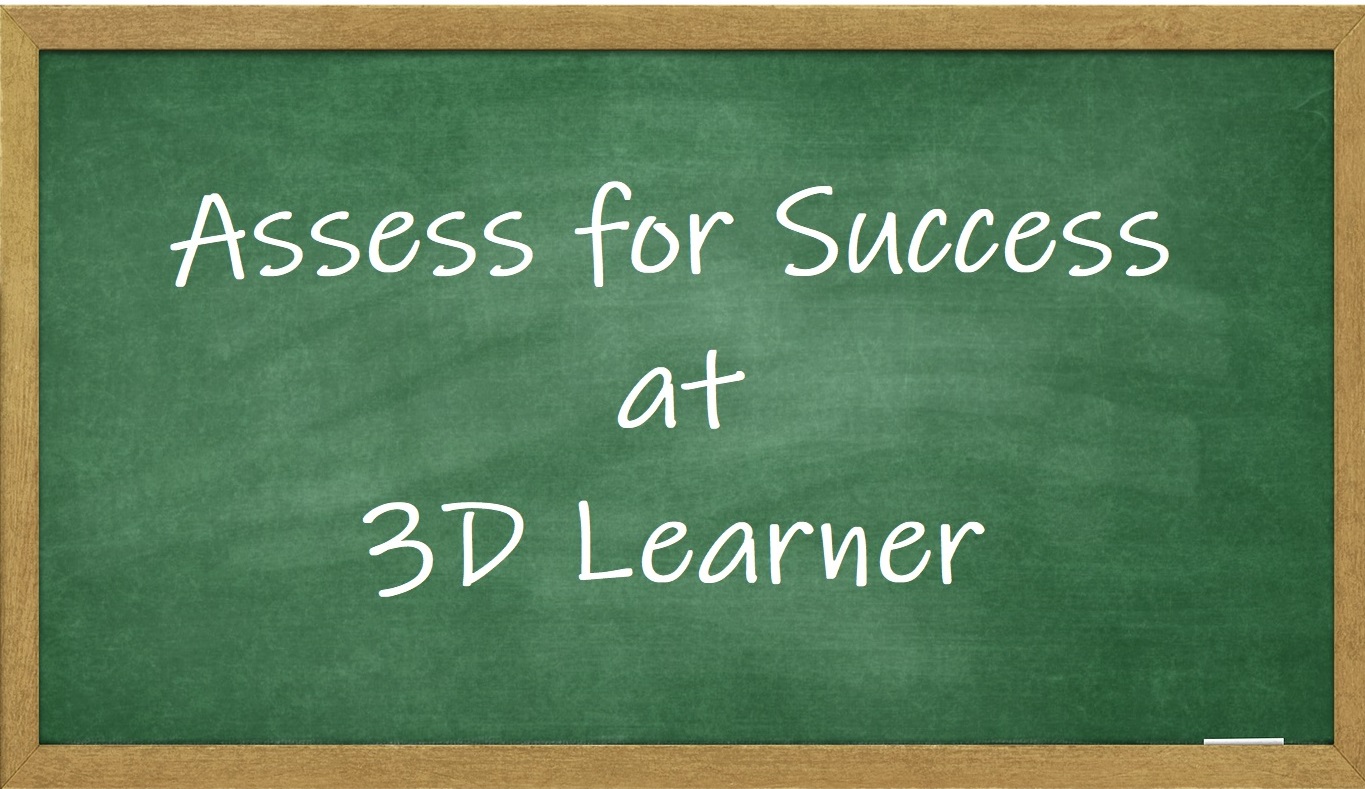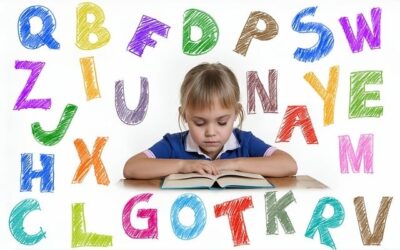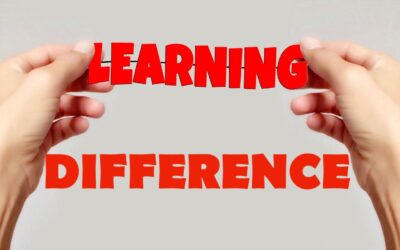Students today are often struggling with reading fluency, reading comprehension and/or math.
Three of the greatest educational risks are:
- Parents often do not know what their child’s present level of reading fluency, reading comprehension and math skills are at
- Students who learn differently (i.e. neurodivergent, right brain and kinesthetic learners) often fall behind — as neither school based or home school curriculum may be consistent with how they learn best
- Without testing, parents may not be aware of how their child learns best, where their child is strong and where their child struggles
The opportunities for parents include:
- There are real benefits with an assessment that shows you::
- How your child learns best
- What are your child’s strengths and challenges
- What is your child’s present level of performance for reading fluency, reading comprehension and math
- If needed, the assessment can help educators to tailor a program to:
- Capitalize on how your child learns best
- Improve their reading speed, reading comprehension and math skills
- Help you to be the coach your child needs
- How you can help your child be all they can be
How 3D Learner Assesses for Success
Mary called and was not sure about her child’s reading fluency, reading comprehension and math skills were at. She had tried two years of dyslexia treatments. Mary was not interested in labeling, but she was very interested in knowing:
- How her daughter learned best
- What her daughter’s strengths and challenges were
- What was her child’s present level of reading comprehension, reading fluency and math
- If there were significant gaps, could we help her daughter get to grade level or above
- Whether what we offered could improve her child’s baseball and soccer skills. Mary knew that her daughter would be even more interested in help, if it could make her better at baseball or soccer.
Mary shared a few of her frustrations, that included, her daughter:
- Understood stories when Mary read them to her, but struggled with silent reading comprehension
- Read more fluently, but often had difficulty remembering words she had seen and not mastered
- Was good at math, but was now struggling with math word problems.
We then asked Mary what her daughter was good at, Mary shared that her daughter:
- Had an excellent memory for things she had seen and experienced
- Was a good person — who loved playing with younger kids and cared about seniors
- Was good at baseball and soccer but was inconsistent. Three area of concern were:
- Her daughter would sometimes lose focus during a game
- In baseball, she would sometimes hit the ball well, but too often she would pull the ball foul
- In soccer, her shots often went to the right side of the goalie
- Her daughter was frustrated that she was not doing as well as she wanted to
We shared this infographic with Mary and explained how we assess for how the student learns best and whether they have a visual processing, executive function, dyslexia and/or anxiety challenge.
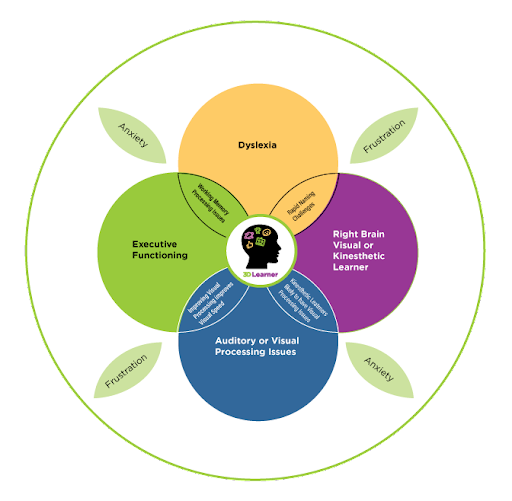
- Many smart struggling kids learn differently. They are often a neurodivergent, right brain or kinesthetic learner, who learn best when they see and experience information. This is important to know, because if they learn differently, it alters the way you teach them, the curriculum you may choose, how you parents them and how one coaches them in sports.
- 74% of the students we see have a visual processing issue – they may see the whole field or the whole room, but their eyes have difficulty converging. This often results in their skipping words and/or liens when reading and having difficulty catching a ball.
- The executive function challenges we often see may include:
- Difficulty sustaining attention and either being hyperactive or impulsive. When we assess a student with the Interactive Metronome ®, we often see that a student’s body moves faster than their brain. In sports, this results in hitting the ball too early. In baseball that would explain pulling it foul or for a right footed kicker, hitting the soccer ball to the right of the goalie. In life, the attention issues may results in a child losing focus when doing work or during a game
- The working memory assessment often shows a student has an excellent visual memory, but has difficulty remembering what they have heard or read
- The Dyslexia Assessment shows where a child is strong and where they struggle. We can assess for Dyslexia and we can also tailor a program that focuses on the key issues
- The reading comprehension assessment shows two different challenges:
- A number of students are below grade level
- Some students are at grade level, but the assessment shows they should and could be well above grade level
- Our math assessment shows us where a student is at and where they struggle
- The anxiety assessment often shows the student gets very anxious in certain situations
Mary asked about the tools we use and whether it is different from what schools and psychologists assess for. We shared that:
- The key assessment tool we use is the Structure of Intellect Assessment ® that shows how a student learns best, where they are strong and where they struggle.
Comments from a principal, a special educator and a psychologist- A principal asked a special educator why their public school stopped using this assessment. The special educator said “We are required to find a disability in order to provide services. This assessment does not do that. 3D Learner has the luxury of focusing on tailoring a program to help a student succeed
- A psychologist commented, “I wish we could shift our focus from labeling to how to help a child succeed”
- The Visagraph ® we use to show if there is an eye tracking issue can show both the initial challenge and can be used post training to show the results Here is a video that shows a student’s eye tracking before and after training. He commented,. “I now enjoy reading and do much more of it”
- We use the Mindprint Assessment ® developed by by the University of Pennsylvania to assess executive function skills
- We use a Woodcock Johnson ® Reading Comprehensive Assessment
- We use the Core Dyslexia Assessment ® developed by the University of Florida to assess phonics, phonemic awareness and reading fluency. It also helps us to see if the child has dyslexia,
- We use the Perceptions Math Assessment ®
- We use Heartmath ® to assess for anxiety
When we assessed Mary’s daughter we did find that:
- She was a neurodivergent, right brain or kinesthetic learner who learns best when she sees and experiences information
- Her daughter had a number of skills that were well above grade level, but struggled with a few key skills
- She did have a significant visual processing issue
- Attention was an issue and her daughter’s body was racing faster than her mind This explained some of the self-control and sports related issues
- Her visual memory was excellent, but her auditory memory was weak
- She no longer has significant issues related to reading fluency, but there were some areas where she could benefit from additional training
- Her reading comprehension was a year below grade level
- Arithmetic was not an issue, but that word problems were
- Anxiety was an issue
Mary has the flexibility to prioritize training and her daughter was able to make significant gains over the next six months in reading comprehension, math, attention, visual processing, and self-esteem. Her baseball and soccer skills improved too. Mary commented that knowing my daughter was a neurodivergent learner with visual processing and executive function challenges changed everything, and addressing the whole child changed her life. She also added that by helping to improve my daughter’s baseball and soccer skills, you engaged her in the process.
If you would like to discuss your child’s situation and learn more about how we Assess for Success, you can call us at 561-361-7495 or click here to schedule an Assess for Success Conversation. Note, these assessments can be done in person or via zoom.
